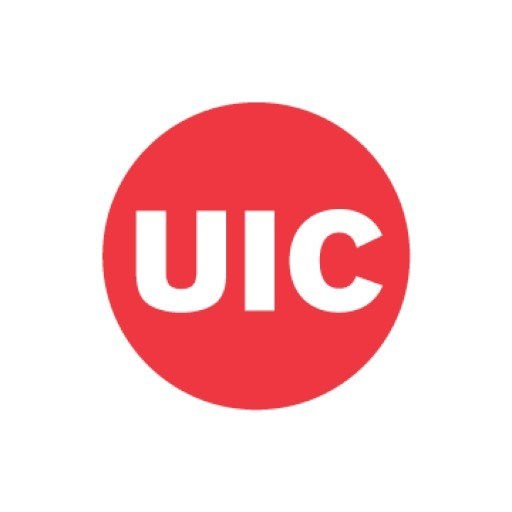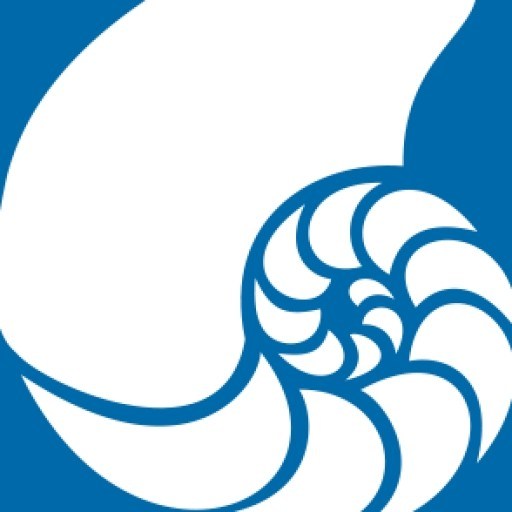Photos of university / #uicamiridis
Early Childhood Education (ECE) at the University of Illinois at Chicago is a comprehensive program designed to prepare students for dynamic careers in early childhood development, education, and care. This program focuses on fostering a deep understanding of the cognitive, emotional, social, and physical development of young children from birth through age eight. Students will explore a broad range of topics including developmental psychology, curriculum design, classroom management, assessment techniques, and family engagement, all grounded in research-based practices. The program combines rigorous coursework with practical field experiences, enabling students to apply theoretical knowledge in real-world settings such as preschools, daycare centers, and community programs.
The curriculum emphasizes cultural competence, inclusive education practices, and current policies affecting early childhood education. Students are encouraged to develop innovative instructional strategies tailored to diverse learners, ensuring equity and access for all children. The program also offers specializations such as Early Childhood Special Education, where students learn specialized techniques to support children with disabilities and developmental delays, preparing them for roles as special education teachers, interventionists, and inclusive classroom practitioners.
Faculty members are experienced professionals dedicated to advancing the field through research, policy analysis, and community engagement. The program prepares graduates for certification and licensure opportunities, equipping them with the skills necessary to advocate for young children and their families. With a strong focus on evidence-based practices, community partnership, and lifelong learning, the Early Childhood Education program at UIC aims to shape compassionate, competent educators committed to making a positive impact on early childhood outcomes. Graduates are well-prepared to pursue further academic opportunities, leadership roles in early childhood settings, and innovative approaches to education and care that meet the needs of our diverse society.
Strand A - MEd, State of Illinois Professional License, and endorsement in Early Childhood Special Education
Students must complete a minimum 33 to 34 credit hours with at least 9 hours at the 500 level. Courses numbered 596, 597, 598 or 599 do not meet this requirement. An additional 11 to 15 hours beyond the basic degree requirements are mandatory for certification.
Core Curriculum
- ED 422 Advanced Developmental Psychology and Educational Processes - 3 credits or EPSY 526 or Development in Infancy and Early Childhood - 4 credits
- SPED 506 Characteristics, Theory, and Assessment of Infants and Young Children with Disabilities - 4 credits
- EPSY 449 Early Childhood/Early Childhood Special Education: Perspectives, Policy, and History - 3 credits
- EPSY/SPED 466 Language Development, Diversity and Disabilities - 3 credits
- EPSY 429 Constructivist Approaches to Development: Piaget & Vygotsky - 4 credits
- EPSY 520 Curriculum and Practice in Early Childhood Education - 5 hours
- SPED 508 Methods of Instruction and Assessment for Infants and Children with Disabilities - 4 hours
- EPSY/SPED 582 Forging Collaboration with Family and Staff - 3 hours
- CI 509 Reading and Writing with Young Children - 4 hours
Additional Requirements for Licensure
- EPSY 519 (Curriculum, Instruction and Assessment in Primary Grades - 5 hours)
- EPSY 521 (Early Childhood Education Student Teaching - 10 hours) or EPSY 522 (Internship in Early Childhood Education - 6 hours)
- Completion of the Illinois Early Childhood Exam
- Completion of the Illinois Assessment of Professional Teaching Exam
- Completion of the general education requirements with a minimum grade of a “C” in each course.
NOTE: The Illinois State Certification Board may not issue a teaching certificate to an individual who has been convicted of a felony or a misdemeanor. If the student has been convicted, he or she should bring this to the attention of the adviser.
Strand B - MEd only
Students must complete a minimum of 32 credit hours with at least 9 hours at the 500 level. Courses numbered 596, 597, 598 or 599 do not meet this requirement.
Core Curriculum (9 to 11 semester hours)
- Philosophy of Education (ED 402 - 3 hours), or History of Education (ED 403 - 3 hours), or Early Childhood/Early Childhood Special Education: Perspectives, Policy, and History (EPSY 449 - 3 hours)
- Developmental Psychology (ED 422 - 3 hours) or Development in Infancy and Early Childhood (EPSY 529 - 4 hours)
- Curriculum and Instruction (ED 430 -3 hours) or Improving Learning Environments (ED 431- 3 hours)
Area of Concentration (15 to 16 semester hours)
- Constructivist Approaches to Development: Piaget & Vygotsky (EPSY 429 - 4 hours)
- Forging Collaboration with Family and Staff (EPSY 582/SPED 582 - 3 hours)
- Reading and Writing with Young Children (CI 509 - 4 hours)
- Students must choose one course from the following four options:
- Curriculum, Instruction and Assessment in Primary Grades (EPSY 519 - 5 hours)
- Curriculum and Practice in Early Childhood Education (EPSY 520 - 5 hours)
- Methods of Instruction and Assessment for Infants and Children with Disabilities (SPED 508 - 4 hours)
- Independent Study (EPSY 596 - 4 hours)
Electives (5 to 8 semester hours)
Selection of College of Education courses and special topics.
Requirements
- Complete the UIC Graduate School application. (International applicants should use this application). Submit your application fee when completing the application.
- Complete the online College of Education application.
- The following documents should be uploaded online upon receiving email instructions after completing the UIC Graduate School application. View the Document Upload Guide for more information.
- Upload undergraduate transcripts for your last 60 hours of the undergraduate degree and all graduate transcripts.
- TOEFL or IELTS test scores for international applicants only
- Three letters of recommendation. These letters should address the applicant's academic qualifications, research ability/experience and ability to carry on advanced degree studies. Letters may be from current or former professors or supervisors. At least one letter should be from someone who can address your experience working with children.
- Complete a questionnaire and written statement (pdf) regarding experience with young children.
- STRAND A ONLY: Submit test scores from the Basic Skills test or Test of Academic Proficiency. For information on the test, visit this site: www.il.nesinc.com. An ACT or SAT score may be submitted with a waiver; for information on this process, visit the Council on Teacher Education.
- STRAND A ONLY: Complete an interview with a faculty member in your program of interest. The department will contact you to schedule this.
Scholarships
- Teaching assistantships
- Research assistantships
- Graduate assistantships
- Global Education
The University of Illinois at Chicago offers comprehensive programs in Early Childhood Education and Early Childhood Special Education designed to prepare students for impactful careers in early childhood development and education. The Bachelor’s degree in Early Childhood Education aims to equip future educators with the essential knowledge and practical skills necessary to foster the academic, social, and emotional growth of young children from birth through age eight. This program emphasizes a mix of theoretical frameworks, developmental psychology, curriculum planning, assessment techniques, and inclusive instructional strategies to ensure that graduates are well-prepared to address diverse learning needs in various educational settings. Students typically engage in intensive fieldwork and student teaching experiences in partnered early childhood centers, preschools, and elementary schools within the Chicago area, providing real-world exposure and hands-on practice under the supervision of experienced educators.
The Early Childhood Special Education program, also at the undergraduate level, focuses specifically on preparing students to serve children with disabilities and developmental delays within early childhood settings. This program emphasizes the development and implementation of individualized education programs (IEPs), specialized teaching methods, and collaborative practices with families and other professionals. Graduates of this track are trained to create inclusive, responsive learning environments that support the unique needs of children with disabilities and promote their development alongside their typically developing peers. The curriculum integrates coursework on developmental disorders, assistive technology, legal and ethical aspects of special education, and family engagement strategies.
Both programs at UIC are designed to meet national certification and licensure requirements, enabling graduates to pursue teaching credentials and licensure in Illinois and beyond. The institution maintains strong partnerships with local public and private early childhood agencies, offering ample internship and employment opportunities post-graduation. Faculty members are experts in child development, special education, and curriculum design, and their research often informs instructional practices and policy advocacy in early childhood education.
UIC’s commitment extends to promoting equity, diversity, and inclusion within its teacher preparation programs, ensuring future educators are prepared to serve diverse populations with culturally responsive teaching methods. The university also provides ongoing professional development and graduate study opportunities for those interested in advanced specializations or research careers in early childhood education fields.
Overall, the programs reflect UIC’s mission to prepare educators who are competent, compassionate, and committed to improving early childhood learning experiences, especially for marginalized and underserved communities. Graduates are equipped not only with practical teaching skills but also with a deeper understanding of child development principles, family dynamics, and social justice issues impacting early childhood settings.






